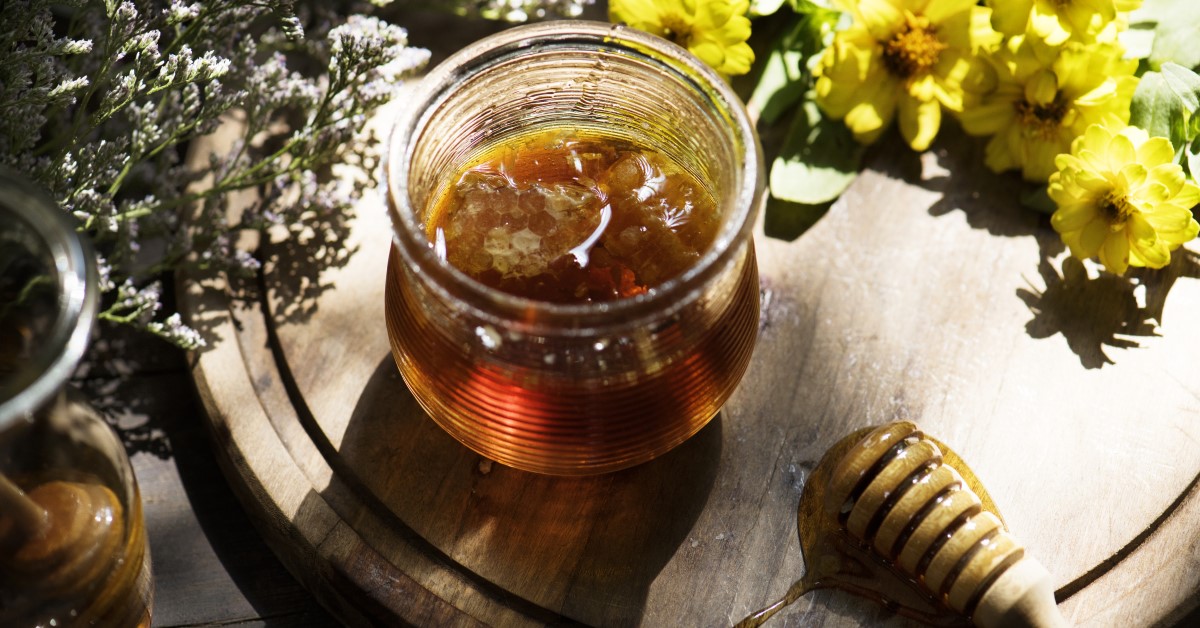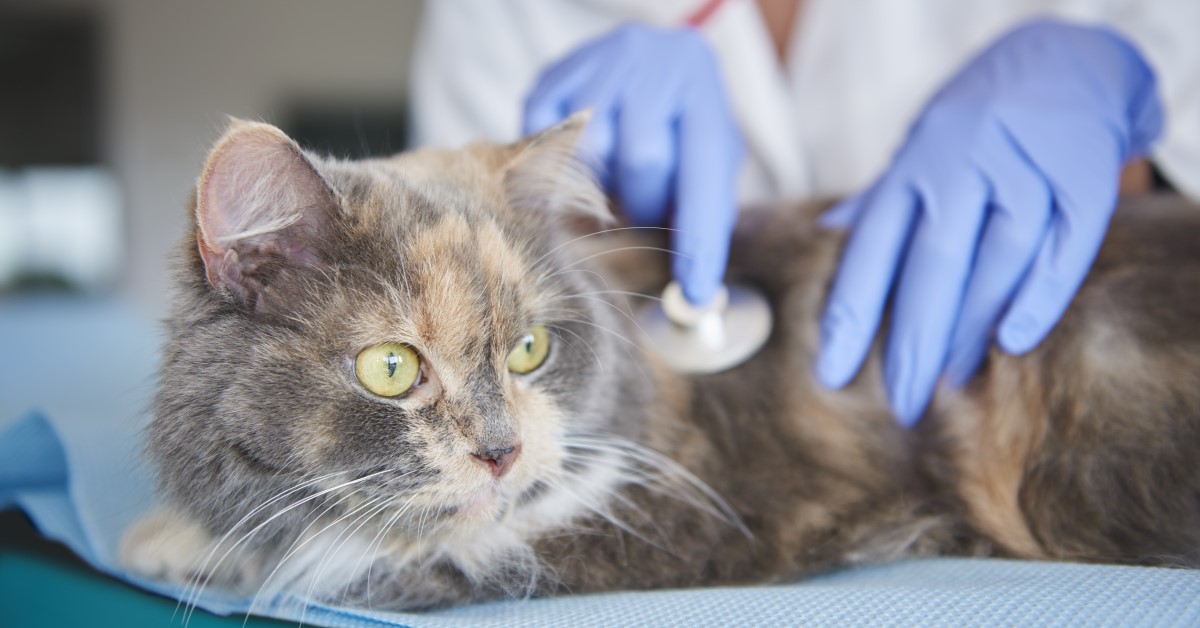Using Manuka Honey for Pet Wounds
Manuka honey is an all-natural, alternative treatment that can be used to treat deep flesh wounds in cats, dogs, and horses.

Whether your pet has a scrape or a deep laceration, preventing infection and promoting quick healing are essential keys to a speedy recovery. Often, pet owners turn toward natural, alternative remedies to help their pets, compared to potentially caustic, dangerous, or synthetic medication. Manuka honey, a naturally occurring substance, may be exactly what you need to help your pet heal.
Understanding Manuka Honey
Manuka honey is a natural substance becoming a standard alternative treatment option for pets. This specialized honey can help promote healing while eliminating bacterial infection. Understanding what manuka honey is, can better assist you in applying this all-natural remedy to your pet accurately and safely.
What Is Manuka Honey?
This particular type of honey is made in New Zealand by a unique species of bees. Unlike other bees that feed off any flower, this particular bee exclusively feeds on manuka flowers.
Manuka flowers contain a chemical in their nectar called dihydroxyacetone which transforms to methylglyoxal, or MGO, in honey. Low quantities of MGO have been proven to prevent bacterial growth by dehydrating bacteria. Strong evidence may also indicate that manuka honey can help create an increased immune response in the body, eliminating inflammation and encouraging new skin growth.
What Animals Can Benefit from Manuka Honey?
While it is common to use manuka honey on dogs, it is also perfectly safe to use it for cats and even horses. Large animals, like horses, can be challenging to treat, manuka honey makes an easy and cost-effective treatment option that is safe and effective.
Why Is Manuka Honey Beneficial?
This unique honey from New Zealand has several beneficial properties, making it the perfect alternative wound treatment for your pet. There are several beneficial aspects to manuka honey that help promote healing. Some of the most significant benefits of manuka honey include:
Osmolarity
When tissue is cut or inflamed, it can create access fluid. Honey is a thick and concentrated substance, so water will routinely flow from the swollen tissue to the honey to dilute it. Removing excess water from the inflamed area can decrease swelling, which leads to faster skin growth. Allowing fluid to flow out of the cut and into the honey can also help draw out dangerous bacteria, ultimately dehydrating and killing bacterial organisms that could cause an infection. Fluid from the wound moving to the honey can also help keep the wound moist, eliminating painful dressing changes or cracking and splitting as the wound heals.
Powerful Enzymes
Bees naturally have an enzyme in their saliva called glucose oxidase. Some of this enzyme mixes with the flower nectar when the bee eats. Eventually, the enzyme breaks down into gluconic acid, releasing hydrogen peroxide. The naturally produced hydrogen peroxide is still present, in small quantities, inside the manuka honey, which helps to sterilize and disinfect wounds naturally. When the wound stays clean and clear, there is a reduced likelihood that dangerous bacteria can take hold inside the wound.
Low pH
Honey is slightly acidic, averaging around 3.9. Usually, bacteria needs a high pH environment to thrive and spread. Inside a wound treated with manuka honey, the pH may be too low for bacteria to survive, which helps stop bacteria growth. The slightly acidic quality of the manuka honey can also help create red blood cell growth and encourage vessels to produce more oxygen, which helps accelerate healing.
Using Manuka Honey
Manuka honey is widely used for animal wound treatment as an alternative, all-natural healing remedy. Usually, manuka honey is used as a cleaning solution or topical wound ointment.
- Cleaning Solution - Mix high-quality medical-grade manuka honey with warm saline in a 50% mixture. Shake the mixture to blend the two ingredients. The manuka and saline mixture can be used to help flush deep wounds. The solution can be worked underneath areas with skin separation or applied to a gauze pad and blotted onto the wound. The cleaning solution will help transfer antimicrobial quantities to the wound, but it can help draw out excess moisture, reducing the inflammation.
- Gel - Combined with hydrogel, manuka honey can make an excellent topical ointment to help heal wounds quickly. The combined manuka gel creates a moist area that can promote new skin growth. Gels may be useful to help treat burns where there may be significant tissue loss. Or, gels can be used to help treat deep, open wounds, which cannot be fully stitched together or bandaged. Manuka gel is beneficial when treating hoof wounds on horses.
Of course, when treating a severe pet injury, it is always a good idea to consult with your vet about the proper care for your pet. Usually, your vet will prescribe the use of manuka honey in conjunction with other medicines to help your pet heal quickly. Manuka honey provides a wonderful alternative to prescription medications and a natural way to heal wounds and prevent dangerous bacterial infections.
Ready to start saving money on pet wellness care?
Then take a look at Mint Wellness, the pet wellness plan that provides fast reimbursement on routine pet care. Save on vaccinations, wellness exams, preventatives, dental, and more!
Learn More


